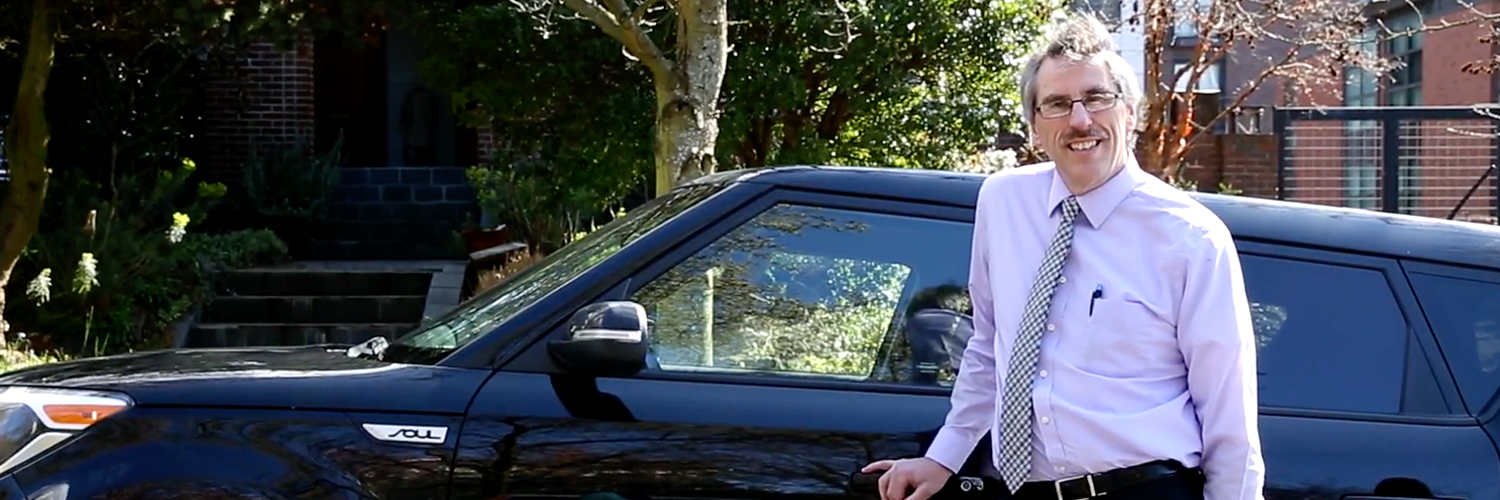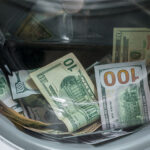A sad parable about greed and corruption is unfolding as rideshare drivers who drive with Uber and Lyft continue to be persecuted by the Seattle City Council.
With the advent of networking technology, the free market momentum to meet needs and cure reliance on single-occupant vehicles had a new opportunity. With a simple phone application, real-time matchmaking between those who need rides and those willing to offer rides was flourishing, that is, until the taxi union dues collectors realized that their government-supported artificial price scheme and dues collection enterprise was at risk. Then they invested in politicians to use the power of government to stomp out the competition.
Their abuse of power is reminiscent of the famous Frédéric Bastiat’s satirical “Candlemakers Petition” urging the French Parliament to,
“. . . pass a law requiring the closing of all windows, dormers, skylights, inside and outside shutters, curtains, casements, bull’s-eyes, deadlights, and blinds — in short, all openings, holes, chinks, and fissures through which the light of the sun is wont to enter houses, to the detriment of the fair industries with which, we are proud to say, we have endowed the country.”
The Seattle City Council owes much to the Teamsters union bosses who seeks to siphon from the wages of all who provide transportation in the city.
First, the Seattle City Council first tried to limit the number of permitted rideshare drivers—until a mammoth backlash prompted a different approach.
Then the politicians adopted an ordinance to force rideshare drivers into paying the Teamsters union.
The Freedom Foundation helped concerned drivers file a federal lawsuit to block this incredible overreach by the Seattle City Council. The suit delayed the implementation of this scheme, and is currently before the Ninth Circuit Court of Appeals.
Now the city is trying to set the minimum price of rideshare services. A Seattle resolution passed April 9th establishes a path toward the price fixing which will remove cost savings from rideshare services and eliminate their competitive advantage over taxis.
Greed and corruption in politics increasingly prevent the fruit of the free market—lower costs and greater efficiency—from being enjoyed by consumers.












